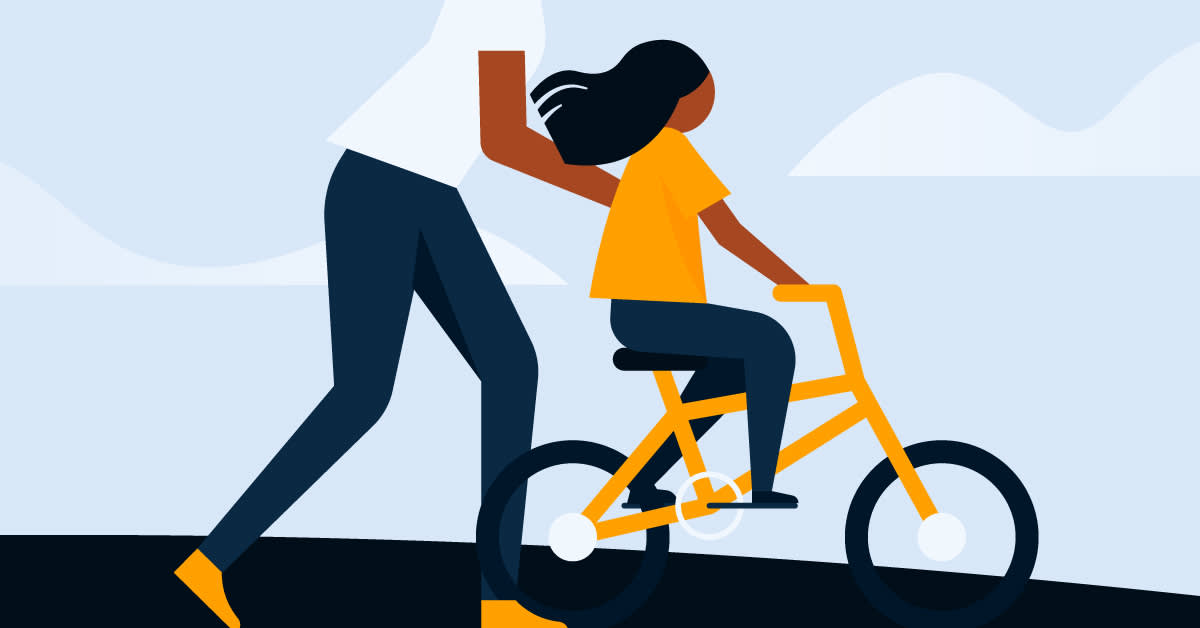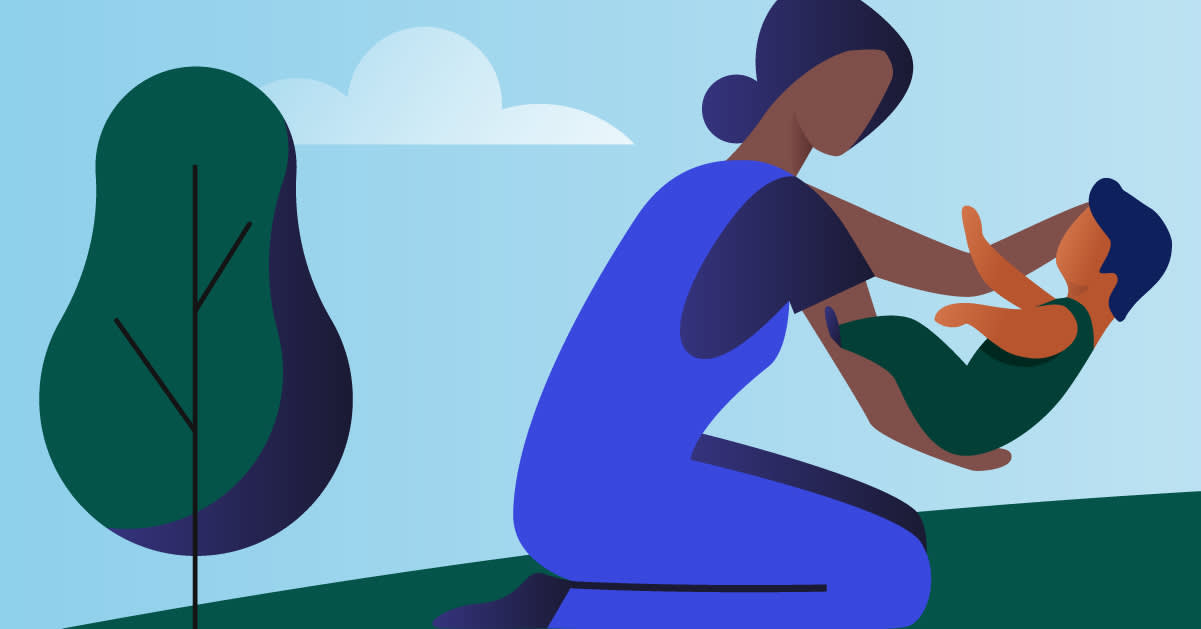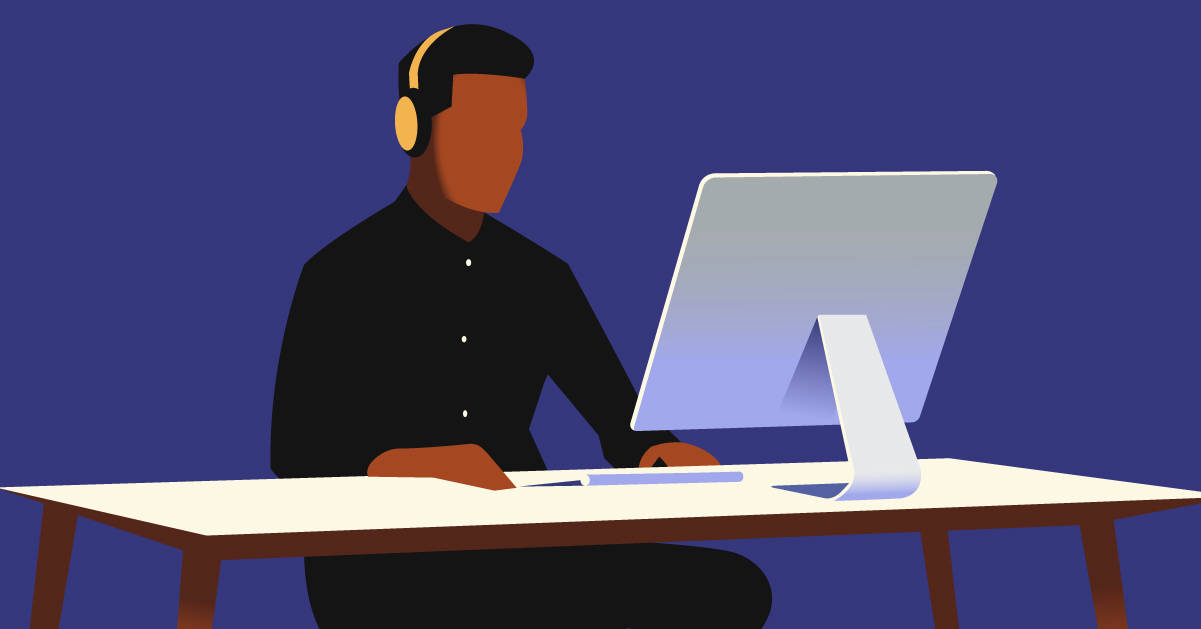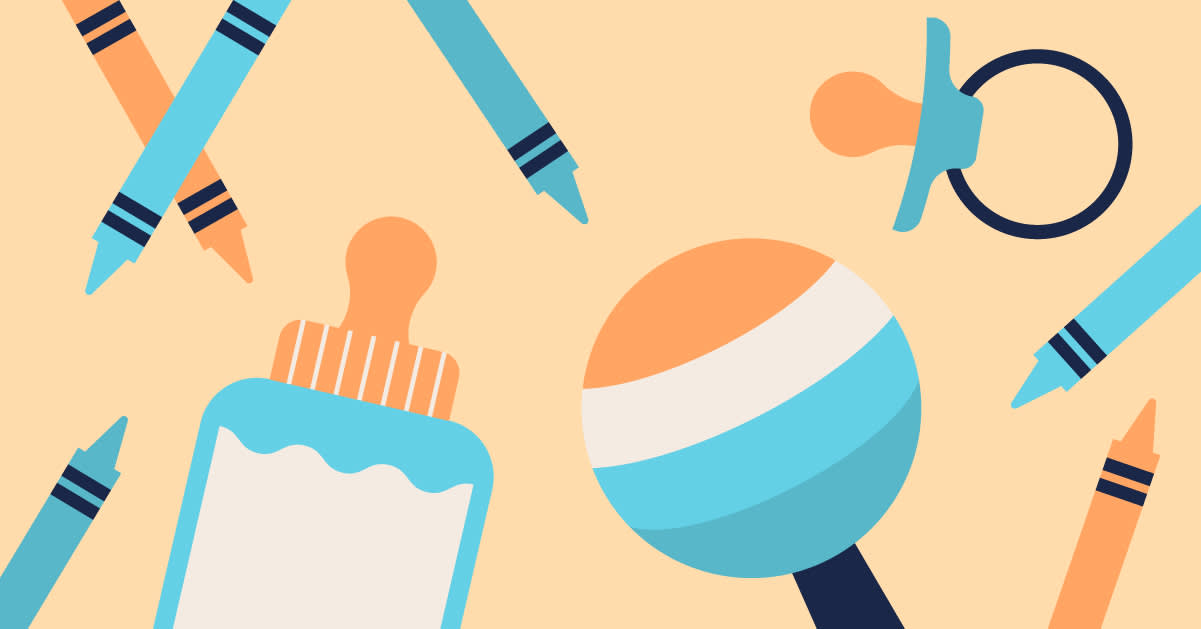New York Times culture critic Amanda Hess’s first book examines the digitization of the parenting experience—from pre-conception through birth and beyond—and the “eerie familiarity” it offers. As much a manifesto as a memoir, Second Life recounts Hess’s own experience as a first-time parent who found herself facing a medically complex pregnancy, wading into the unknown, all while her apps and online communities claimed to know exactly how she felt. We asked her about her own experience as a connected parent and what “productive scrolling” might look like.
Sam Danis: What was the moment that compelled you to write this book?
Amanda Hess: I had been thinking about trying to write a nonfiction book where the internet functioned like a character, and where the dramas of technology took up as much space on the page as they did in my head. I didn’t imagine that the book would begin with pregnancy until I was in it, and immediately all of these apps and brands started addressing me in an eerily similar voice. They were all operating like friends and disciplinarians at once. That’s when I started taking notes.
You’ve reported extensively on internet culture, but still found yourself susceptible to the digital rabbit hole and the stories it tells us. What do you think it is about pregnancy, birth, and parenting that sucks us in so easily?
I understand on a rational level that growing another person inside of your body is a natural process, but after spending 35 years not growing other people, it came as a real shock to me. I felt like I was in that stress dream where you show up for the final exam and realize you never went to the class. And the stakes of the outcome are another person’s life.
Late in my pregnancy, I had an abnormal ultrasound that set off a frantic series of tests that resulted in my child being diagnosed with a rare genetic disorder. I was eight months pregnant and totally crushed by guilt, anxiety, and shame. Eventually, I had enough distance from that experience that I became curious about why I had reacted that way, and started to draw a connection to all the information I had absorbed earlier in pregnancy.
You describe the days after your abnormal ultrasound, saying, “As much as the internet pretended to know me, it didn’t know when to shut the f*** up.” That resonated with me so much, as a parent who routinely had to be reminded that Google had no bedside manner. Can you talk a little bit about what you meant by that?
At the beginning of that diagnostic process, I received an opinion from a doctor that the abnormality could be catastrophic and that I ought to undergo a fetal MRI to be sure. I had to wait a week to get an appointment—an eternity—and all I wanted to do was crawl under the covers and look at my phone, where I was of course confronted by ads for baby strollers and super stretchy dresses. During pregnancy, apps and brands adopted such an intimate tone with me. They were all saying “I see you, mama!” and making me feel like they had a porthole to my baby. The moment something less than expected happened, all that intimacy was revealed as cynical and false. I always knew that on a rational level, but now I felt it on a deep emotional level, too.
"I think it’s so hard to imagine what the internet and technology would look like if it were truly developed for the benefit of humanity and not the enrichment of a few."
Your first pregnancy occurred during the COVID-19 lockdown. Do you think that period of isolation exacerbated our turning to the corners of the internet for information and reassurance?
It definitely intensified the experience. I had heard that pregnancy and early parenthood could be very isolating, and that parents didn’t get enough social support, but the early pandemic made those dynamics extremely overt. Like, nobody is going to come into your house! You better order a robot crib to your door and wipe down the box! But I think that experience was also a variation on the online dynamics and technological pressures that are facing a lot of new parents. And I get the sense that the pandemic accelerated some of those pressures—a lot of parenting technologies got a boost during that time.
You examine opposite ends of the spectrum when it comes to parenting tech and content—from “femtech” like cycle-tracking apps to smart bassinets to the freebirthing and tradwife movements. What do you think it is about our connected lives that makes these extremes so alluring?
I had an intensely medicalized pregnancy. I had genetic tests that tested for thousands of conditions that I couldn’t identify or name. I gave birth by C-section and my son was transferred immediately to the NICU. I’m grateful to have had access to every part of that, but the experience itself was destabilizing and confounding. I came to understand that my doctors were not infallible, that the reproductive technologies I was using were new to them, too.
Getting care in a profit-driven medical system, it was difficult to parse how my care might be influenced by the need to cover costs or reduce the hospital’s liability. I really trusted my doctors and believed in their integrity, but they were also operating at the center of all these billion-dollar industries. The experience gave me this glint of understanding into why a certain anti-medical backlash has taken root in this country, especially around pregnancy and children’s health. Rejecting traditional medicine becomes a way for a parent to reassert her authority over her body and her child. But of course, opting out carries huge and devastating risks that these movements don’t often acknowledge. I have to imagine that every parent has had medical experiences that fall somewhere along that spectrum.
Is there any advice you might offer to a new or expecting parent who is already finding themselves consumed and overwhelmed by the onslaught of information our digital culture provides? Is there a way to engage with these online spaces in a helpful way?
I think it’s so hard to imagine what the internet and technology would look like if it were truly developed for the benefit of humanity and not the enrichment of a few. These technologies are exploitative; they exploit our anxieties, our time, our attention, our children if we let them. But resistance is possible. I’ve found it helpful to fortify my digital life by engaging with mutual aid efforts that are organized on WhatsApp or Slack. I always have some new update to read, but the energy is focused outward instead of inward. It directs me toward links for buying diapers for new neighbors, not some extraneous baby stuff my kids don’t actually need. It presents me with little opportunities to better integrate my family’s needs into the community’s, like making a big tray of mac and cheese instead of just the single serving for my kids that mostly ends up on the ground. Adding that productive scrolling into my routine helps loosen the grip of all the bad stuff.




